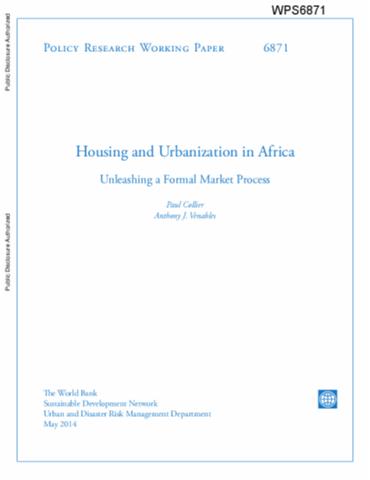Aceh Growth Diagnostic : Identifying the Binding Constraints to Growth in a Post-Conflict and Post-Disaster Environment
This report shows that some investors
still perceive Aceh as a risky place to do business, despite
being relatively peaceful for almost four years. Security
incidents, relatively common in post-conflict environments,
deter businesses and individuals from investing in Aceh,
robbing the economy of necessary capital and innovation.
Other consequences of the conflict, including forms of
illegal taxation, also hurt investment. The Government of



